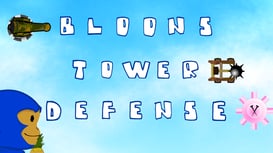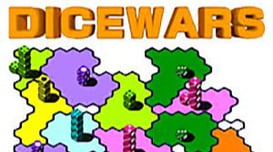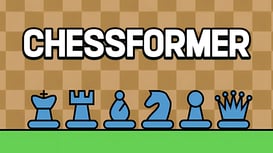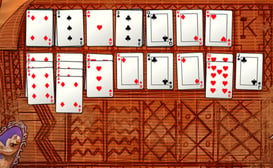Strategy Games
Discover and play the best strategy games online
Found 98 Strategy games
Strategy Games at Infinite Craft
Strategy Games Tactical Planning
Develop winning strategies in our challenging strategy games with intuitive planning tools and strategic options
Strategy Games Combat Systems
Master battlefield tactics in engaging strategy games with diverse units, terrain advantages, and combat mechanics
Strategy Games Resource Management
Balance complex economies and resources in our strategy games with deep management systems and strategic trade-offs
Strategy Games Features
Strategy Games Base Building
Construct and defend elaborate bases in strategy games with customizable layouts and defensive structures
Strategy Games Control Systems
Experience intuitive command systems in our strategy games designed for efficient unit management and tactical control
Multiplayer Strategy Games
Form strategic alliances and compete in multiplayer strategy games with robust online features and competitive rankings
Strategy Games Progression
Research and advance through extensive technology trees in strategy games with meaningful strategic choices
Strategy Games Battle Mechanics
Master detailed combat systems in strategy games with unit counters, formation tactics, and strategic positioning
Strategy Games Campaign Modes
Complete challenging objectives in strategy games with narrative-driven missions and progressive difficulty
How To Play Strategy Games
Choose Your Strategy Game
Select from various types of strategy games that match your preferred style, from real-time strategy games to turn-based strategy games
Learn Strategy Games Mechanics
Master the core mechanics and systems of your chosen strategy game through tutorials and practice scenarios
Develop Strategy Games Plans
Create effective strategies and tactical approaches for success in strategy games by analyzing maps and objectives
Manage Strategy Games Resources
Balance your economy and resources efficiently in strategy games to support your military and technological development
Execute Strategy Games Tactics
Implement your strategies and adapt to changing battlefield conditions in strategy games with flexible tactical responses

















































